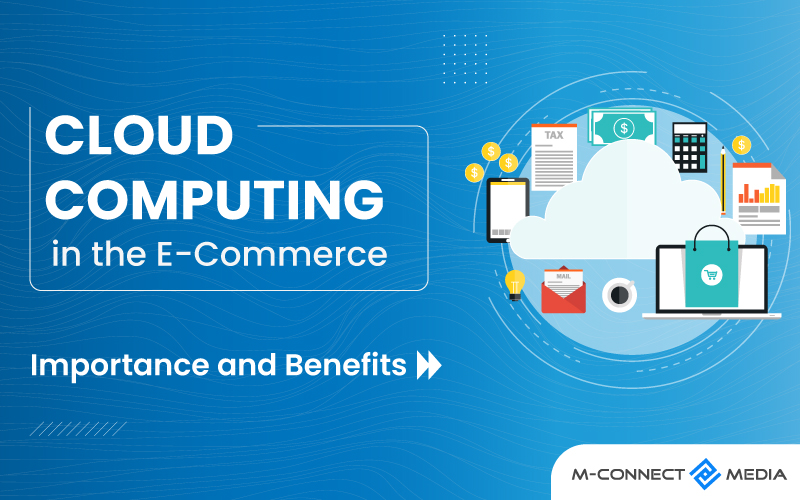1. Scalability and Flexibility
Dynamic Resource Allocation: Cloud platforms enable businesses to scale resources up or down according to the fluctuations in traffic, especially during peak seasons like Black Friday or holiday sales.
Global Reach: Cloud solutions enable eCommerce businesses to serve customers all over the world with minimal latency through Content Delivery Networks (CDNs) and distributed server networks.
2. Cost Efficiency
Pay-As-You-Go Model: Businesses pay only for the resources they use, reducing overhead costs.
Less Infrastructure Expenses: It does not require physical servers, IT maintenance, and data centre management.
3. Better Performance
Quick Load Time: Cloud hosting always means faster page load times, with a reduction in cart abandonment and better experience.
Seamless Integrations: Integration with third-party tools and services including payment gateway, CRMs, analytics platforms, among others.
4. Data Management and Security
Secure Storage: Cloud providers provide robust security features, including encryption, firewalls, and compliance with data protection regulations (e.g., GDPR, CCPA).
Backup and Recovery: Automated backups and disaster recovery solutions minimize data loss and downtime in case of an outage.
5. Facilitates Innovation
AI and Machine Learning: Cloud platforms offer AI tools for personalized recommendations, chatbots, and demand forecasting.
Data Analytics: Leverage analytics on big data to understand customer behavior, optimize pricing strategies, and ensure refinements in marketing campaigns.
6. Better Collaboration
Work from Anywhere: Individuals can work from anywhere, accessing real-time data and applications on the cloud.
Collaboration Tools: Solutions like Google Workspace or Microsoft 365 include integrated solutions enhancing collaboration and productivity.
7. Omni-Channel Integration
Cloud computing supports the seamless integration of multiple sales channels (e.g., web, mobile, social media) into a unified platform, ensuring consistent customer experiences.
8. Eco-Friendly Operations
Cloud solutions use shared resources and energy-efficient data centers, helping eCommerce businesses reduce their carbon footprint.
9. Faster Market Entry
Cloud platforms provide pre-configured solutions for eCommerce, reducing the time required to launch new products or services.
10. Continuous Innovation
Automated Update: Cloud infrastructures automatically apply updates to applications and security patches without interrupting business operations.
Access to Newest Technology: Serverless computing, edge computing are just a couple of examples.



No comments:
Post a Comment